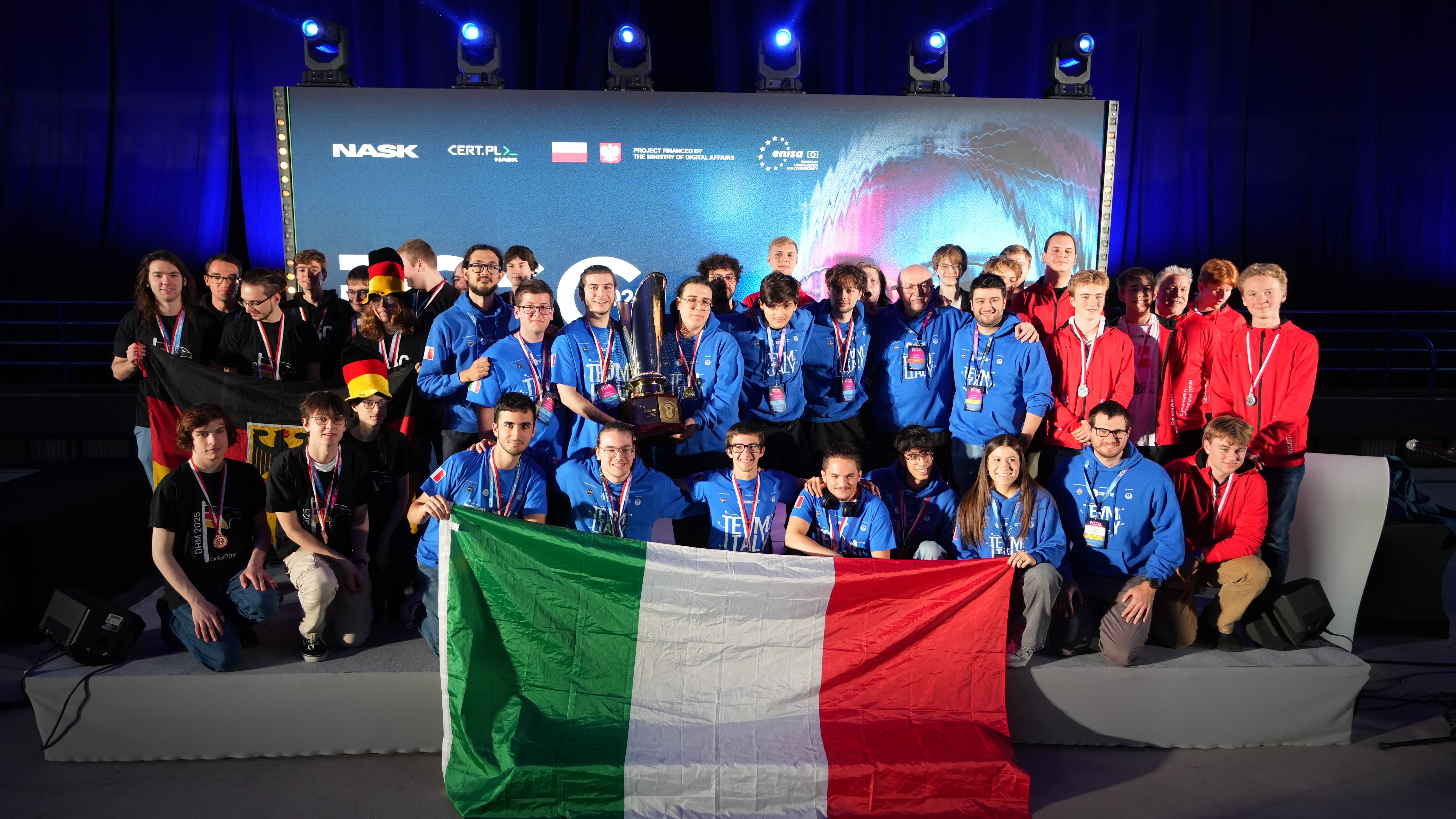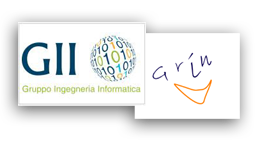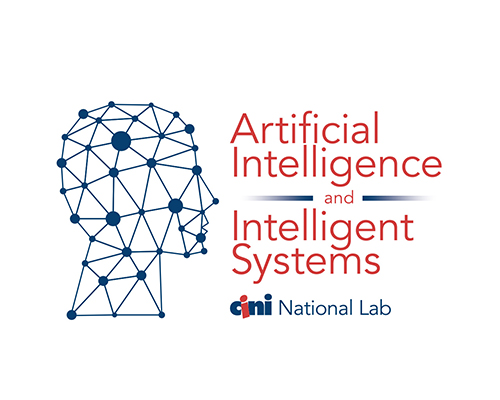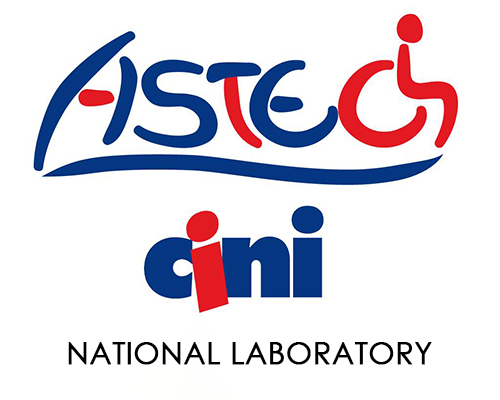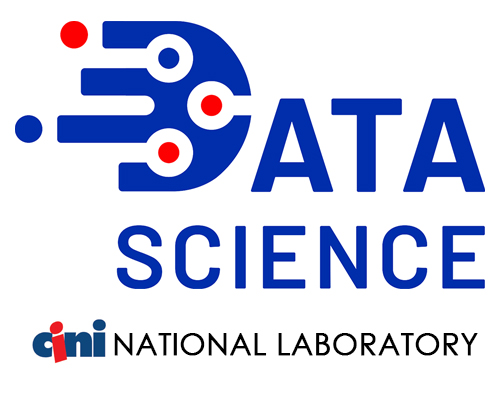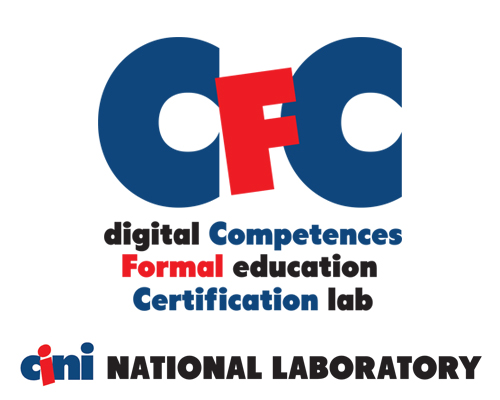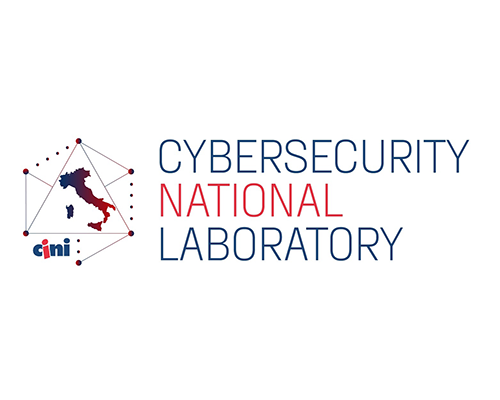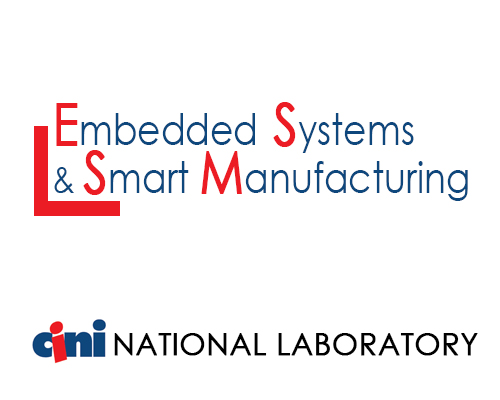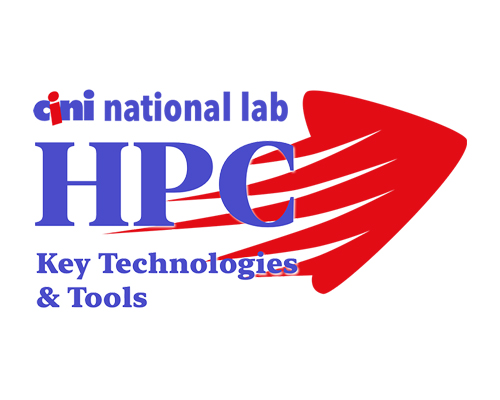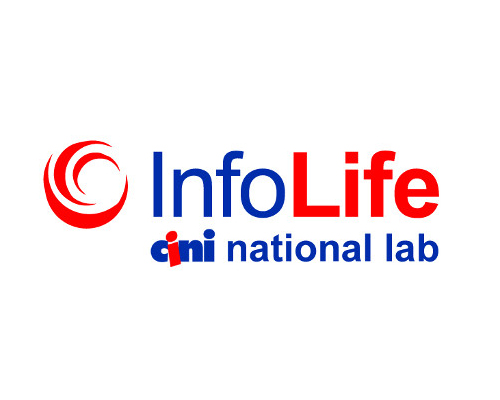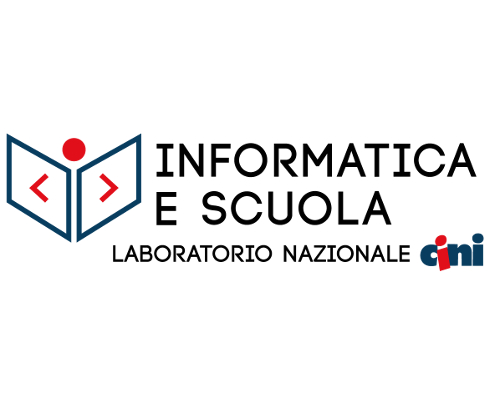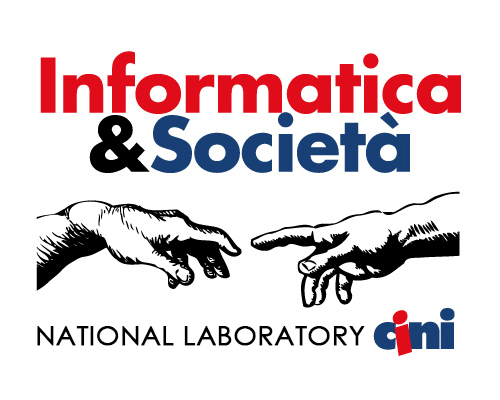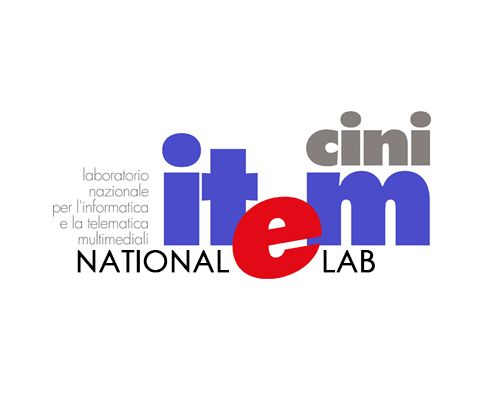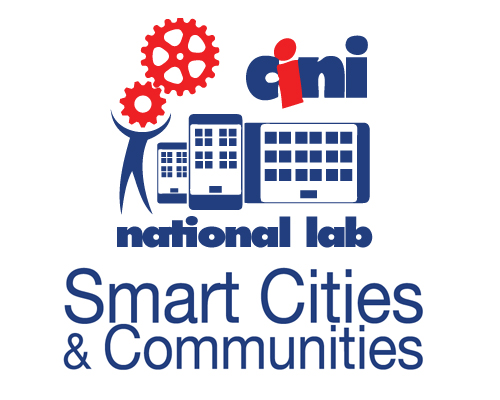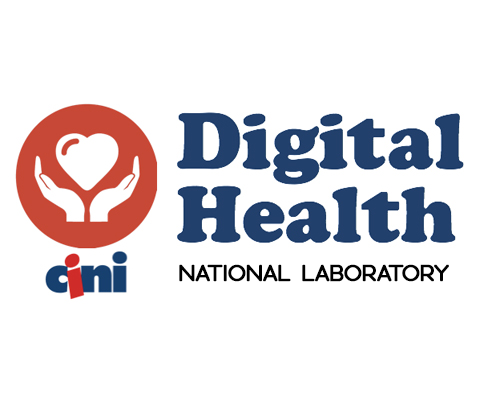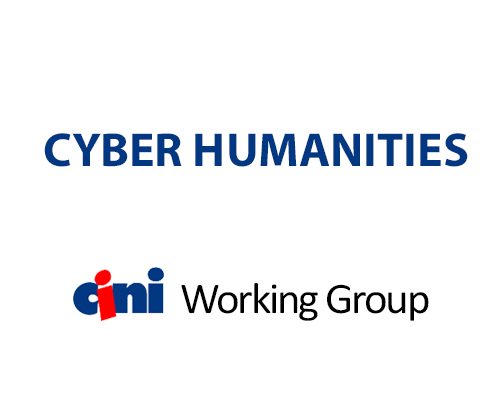Workshop on Artficial Life based models of Higher Cognition
CALL FOR ABSTRACTS
Satellite Workshop on Artficial Life based models of Higher Cognition with the European Conference on Artifical Life (ECAL 2013), Taormina, Italy, 2-6 September 2012
workshop website: http://www.nac.unina.it/alhc/
IMPORTANT DATES
Submission of abstracts: 20th May 2012
Notification of authors: 10th June 2012
Workshop: 2nd September 2013 (TBC by ECAL organisers)
AIM AND TOPICS
The aim of the workshop is to facilitate integration, to promote and to encourage Artificial Life modelling of higher cognitive processes, integrating complex motor systems and complex higher cognitive abilities.
Artificial Life was originally conceived as a powerful tool to answer to the question about the nature of life. Many researches in the last decades drew attention on different aspects, including chemistry, biology, evolution and some minimal forms of cognition, so as to study a complex phenomenon at different scale domains. Focusing on cognition, AL techniques have been utilized to uncover minimal mechanism of important cognitive processes such as categorization, language, spatial behavior, motor control and the like. However following this bottom up approach we need to address higher cognitive processes in an integrated manner, so as to exploit the
full power of AL approach.
Topics of interest include, but are not limited to, Artificial Life models of:
Spatial cognition
Language
Mental Imagery
Decision Making
Social Learning
Cultural Transmission
Role Allocation
Active Perception
Awareness
Categorisation
SUBMISSION ISTRUCTIONS
All researchers interested in contributing to the discussion are invited to submit an abstract of 3 pages maximum (ECAL2013 formatting required, also in workshop website), to davide.marocco@plymouth.ac.uk
PROCEEDINGS AND JOURNAL SPECIAL ISSUE
An electronic version of the workshop proceedings will be published with ISBN and the workshop will be followed by a special issue on an ISI journal, to be announced soon.
INVITED SPEAKERS
Prof. Takashi Ikegami, Professor in the Department of General Systems Sciences at the University of Tokyo
ORGANIZERS
Dr. Davide Marocco, Plymouth University, UK
Dr. Onofrio Gigliotta, Universit of Naples "Federico II", Italy
CONTACT
Should you need any further details, please send your enquires to: davide.marocco@plymouth.ac.uk

News (to archive)
-
TeamItaly campione europeo in cybersicurezza
10-10-2025 18:43:31
Il team italiano del Cybersecurity National Lab del CINI ha sbaragliato i concorrenti di 40...
-
Eletti il Presidente e il Vice Presidente del CINI
12-09-2025 23:29:00
L’Assemblea del Consorzio Interuniversitario Nazionale per l’Informatica (CINI) ha eletto...
-
Pubblicato nuovo articolo per lo studio della gentrificazione usando modelli matematici innovativi
06-07-2025 15:14:53
Un gruppo di ricercatori italiani, insieme a colleghi dell’Università di Oxford, ha sviluppato un...
Press Review
Notifications (to archive)
-
Public selection notice based on academic qualifications and an interview for no. 1 III level researcher position, with a 21-month -fixed-term employment contract, for the seat of Naples, CINI Item “Carlo Savy” National Laboratory, within the TRAPEZE GA 8
15-06-2021 15:15:12
REF.CINI: CINI_TRAPEZE/01/2021
-
HumanE-AI-NET Project
16-04-2020 12:45:55
Project full title: Humane AI Network - HumanE-AI-NET Duration: 36 months Topic: ICT-48-2020...
-
InSecTT Project
16-04-2020 12:06:59
Project full title: Intelligent Secure Trustable Things - InSecTT Duration: 36 months Topic:...
Calls For Papers & Other Opportunities
-
BANDO DI CONCORSO PER L’ARRUOLAMENTO DI UFFICIALI DEL RUOLO TECNICO DELL’ARMA DEI CARABINIERI – SPECIALITÀ “TELEMATICA”
11-05-2023 15:13:46
Il 2 maggio 2023, in Gazzetta Ufficiale – 4a Serie speciale “Concorsi ed esami” n. 3, è stato...
-
Avviso 4 esperti di Intelligenza Artificiale per GPDP
06-02-2023 16:10:10
Il Garante per la Protezione dei dati Personali (“Garante” o “Autorità”) ha pubblicato un Avviso per il...
-
Bando di selezione per Project Reaserch Manager per il Partenariato Esteso del Progetto "SERICS Security Rights in Cyber Space"
09-01-2023 09:34:54
Il Partenariato Esteso del Progetto "SERICS Security Rights in Cyber Space" - nell’ambito del...
-
Dottorato in Tecnologie dell'Informazione, per il progetto Quantum Internet Alliance
08-11-2022 09:38:29
-
CybersecNatLab - Bando concorso ACN per 60 diplomati
04-11-2022 09:53:25
CYBERSICUREZZA (ACN): AL VIA IL CONCORSO PER 60 DIPLOMATICerchiamo giovani talenti per rafforzare...
-
Bando di selezione per il conferimento di n. 1 assegno junior per lo svolgimento di attività di ricerca per il Settore Concorsuale 09/H1 – Sistemi di elaborazione delle informazioni per l' Universita degli studi dell’Insubria
21-09-2022 09:19:44
È indetta una selezione, per titoli, per il conferimento di n. 1 assegno junior della durata di 1...
Horizon 2020




